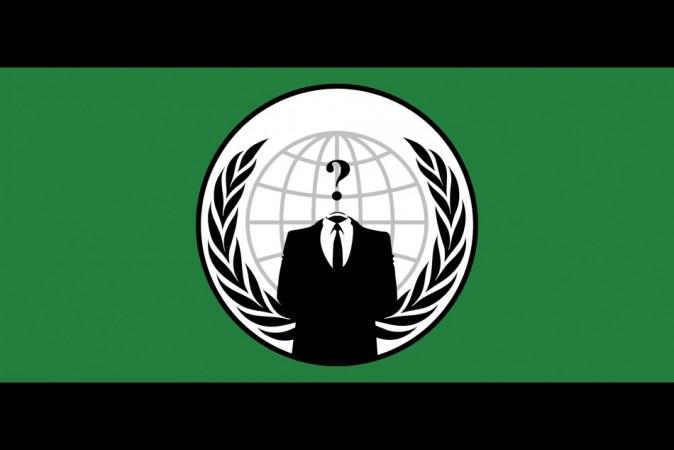
World renowned hacker group Anonymous is at it again. The FBI is reportedly the latest target of its high-profile hacks.
However, the investigation agency on Tuesday dismissed the claims of Anonymous, saying none of the agents' laptops were compromised.
The FBI said there was "no evidence" to support claims that hacking group Anonymous infiltrated an FBI agent's laptop and lifted a file with identification numbers for more than 12 million Apple products.
AntiSec, which is associated with Anonymous, posted on Monday a file on the internet, which allegedly contained about 12 million codes that were secured from a laptop of an FBI agent in March.
"At this time there is no evidence indicating that an FBI laptop was compromised or that the FBI either sought or obtained this data," an FBI spokesman said in a statement.
An unverified Anonymous Twitter user posted: "Someone should FOIA the FBI and ask how they obtained 12 million users' data from Apple," apparently questioning why would the FBI have millions of Apple users password. Now the question is, whether the top agency was trying to play 'big brother' as it keep tabs on everything?
FOIA stands for Freedom of Information Act.
The Apple numbers, called unique device identifiers or UDIDs, are a sequence of letters and numbers assigned to Apple products, such as iPhones or iPads. Many web-based mobile applications and gaming networks use UDIDs to identify users.
In an Internet post explaining the data dump, AntiSec said it removed personal data associated with the UDIDs, such as consumers' names and telephone numbers.
AntiSec said it breached FBI agent Christopher Stangl's PC by exploiting a flaw in the computer's Java software. The group said it downloaded a list from Stangl's computer that was found to contain UDIDs for 12,367,232 Apple devices.
"If AntiSec and related folks were doing that kind of attack, this would be an upping of the game," said Marc Maiffret, chief technology officer of security firm BeyondTrust.
That said, the data dump itself, while serious, would not prove to be very damaging to consumer privacy, Maiffret added.
"It is not something that is going to allow hackers to break into peoples' iPhones," he said, adding that the UDIDs appeared to be genuine.
Anonymous and other loosely affiliated hacking groups have taken credit for carrying out attacks against the CIA, Britain's Serious Organized Crime Agency, Japan's Sony Corp Mexican government websites and the national police in Ireland. Other victims included Rupert Murdoch's UK newspaper arm News International, Fox Broadcasting and Sony Pictures Entertainment.
Authorities have been attempting to beat the intrusions and have arrested a number of key players of the groups.
Earlier this year, in another high-profile hack, a group of unidentified hackers broke into LinkedIn network and stole about 6.5 million user log in passwords.
(With inputs from Reuters)

















